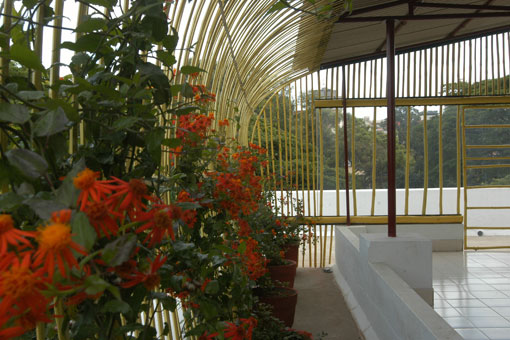KREDL leads India to viable renewable sources
Karnataka Renewable Energy Development Limited (KREDL) has shown the Indian government that renewable energy can be achieved

In India, the idea of developing renewable energy sources has been met with increased enthusiasm in recent years. High demands placed on the country’s power grid have led to a new awareness of the need for increased energy reserves. In response, the Indian state of Karnataka has established its own nodal agency, Karnataka Renewable Energy Development Limited (KREDL), to address the region’s energy concerns. The company’s current policy is set through 2014, and to reach its goals of renewable energy development, Karnataka has undertaken several energy projects.
KREDL was formed in 1996 as a state-run renewable energy agency. Prior to its founding, the Karnataka government was using three separate agencies to oversee and develop energy, but these agencies all tended to focus on conventional energy sources.
It serves as an administrator to assist alternative energy providers and projects.
In particular, the agency focuses on developing projects that involve biomass-based power, cogeneration power, solar power, hydropower and wind power.
Current and upcoming energy projects
According to recent studies, the state of Karnataka may have as much as 28GW of renewable energy that has as yet been untapped. During the summer of 2011, the government established a goal of reaching 350MW of solar power by 2013, and decided to invite developers to submit projects to develop up to 200MW of this new energy. To this end, KREDL began accepting project bids from various developers. By November 2011, 22 bids had already been received, which added up to about 80MW.
As time went on, more and more developers submitted project proposals, causing KREDL to increase the amount of energy it was willing to have developed by outside groups. The agency recently announced that enough projects had been submitted to cover all 350MW proposed solar energy development, not just the 200MW that was originally requested. Agency spokesperson Prasanna Kumar told reporters that the company had “received proposals to set up 350MW of solar projects… and all of it will be allocated in a couple of months.”
In the meantime, KREDL is going ahead with the Karnataka Renewable Energy Project, which uses agricultural waste such as rice husks as a source of clean energy. By using this material as an energy source, the agency prevents over 30,000 tonnes of CO2 emissions annually. Another benefit of this project is the fact that KREDL pays local Indian farmers for their harvested waste, providing a source of income to rural residents while manufacturing clean energy. The waste provides enough energy to power a 7.5MW generator, which is expected to power several remote villages for up to 30 years.
KREDL is also involved in raising awareness for alternative energy. In January, some students from the Seshadripuram Academy of Business Studies participated in an “Eco-Rally”, designed to increase public awareness of energy conservation. Karnataka Renewable Energy Development partnered in the rally, which included a student protest march and follow-up discussions about energy consumption.
To vote on The New Economy Carbon Leadership Awards 2012, click here.













